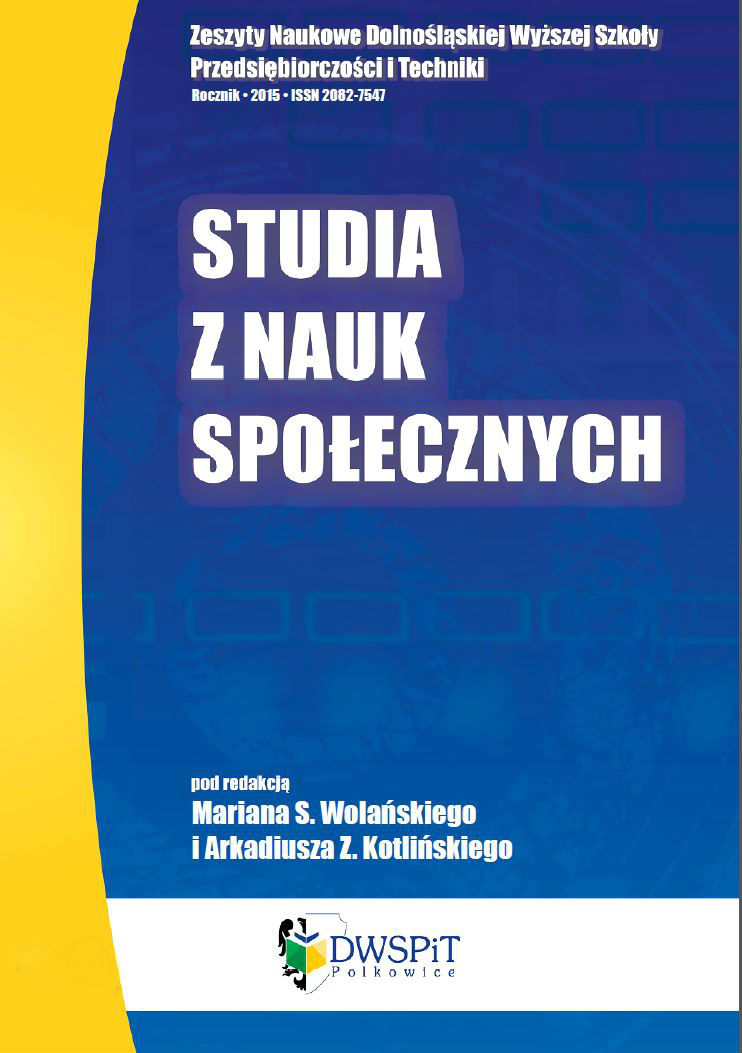Jakość prawa w dyskursie teoretycznoprawnym
The quality of law in the theoretical and cognitive discourse
Author(s): Stanisław KaźmierczykSubject(s): Constitutional Law, Philosophy of Law, Sociology of Law
Published by: Wydawnictwo Uczelni Jana Wyżykowskiego
Summary/Abstract: Considering the plurality of law quality types including its above mentioned description, which largely universalizes this quality, as it is possible for it to be applied in each of these types, furthermore reconstructing relations between these types it would be possible to derive from them new law issues directed to creation of theory of this quality. Separate paper should be devoted to this path. But, as one can see, this path is possible although very complex and thanks to it very prolific from the cognitional point of view. It reverses the previous way of thinking about the quality of law almost completely. First of all, drive itself – that is to say establishing in a known event or context what could be seen on the examples of Constitutional Tribunal judicial decisions – is something completely different, than treating it as mental category, its mental creation, and during this creation explaining it additionally presenting law as quality I understand that law could be explained in several ways, but this ways, often understood in one’s mind as law, are something completely different than law when we use “as” before it referring to law, not to its part – legal provision. The differences that appear as a result of it are not always obeyed with the whole depth adequate for them. Legal provision out of habit is classified to propaedeutics of jurisprudence when quality to the theory of law. These approaches could not serve this depth. I think: law as quality does not identify at all with previous views on law if we see it as something that regulates. This “regulates” has already leaded law on the shallowness of legal thinking. And is stuck there regardless of whether we support positivistic or non positivistic concept of law. Law as quality also performs regulation function but with reference to the aspirations, not to the behavior of its addressee as behaviors are on its basic level. Assuming that law quality is a matter of orientation and aspirations transforming law it is not possible to exclude the change of character of regulating power of law provisions the way that its effects were not measured only by conformity of behavior with law provisions. Where is the source of incapacity of conversion to law as quality? I think it is in total negligence of approach to doctrinal interpretation. The whole previous law interpretation suffers from it, first of all its reflective character, especially as it is not modern interpretation, of modern law, rusty repetition of the same terminology which causes that important from the today’s point of view functional interpretation we cover with a lot of terms as if terminological mechanisms, from which there is no way to plow to the new ideas. These seem to be convincing frameworks to at least try to determine the character (cognitional) of the law doctrine (literature) build by us. Without it going out to the doctrine interpretation is impossible, so the previous comprehension of it has to stay. Reconstruction of this interpretation should be the means of reconstruction of the literature in which unfortunately school-bookish character and style are dominant
- Issue Year: 2012
- Issue No: 5
- Page Range: 125-138
- Page Count: 14
- Language: Polish

